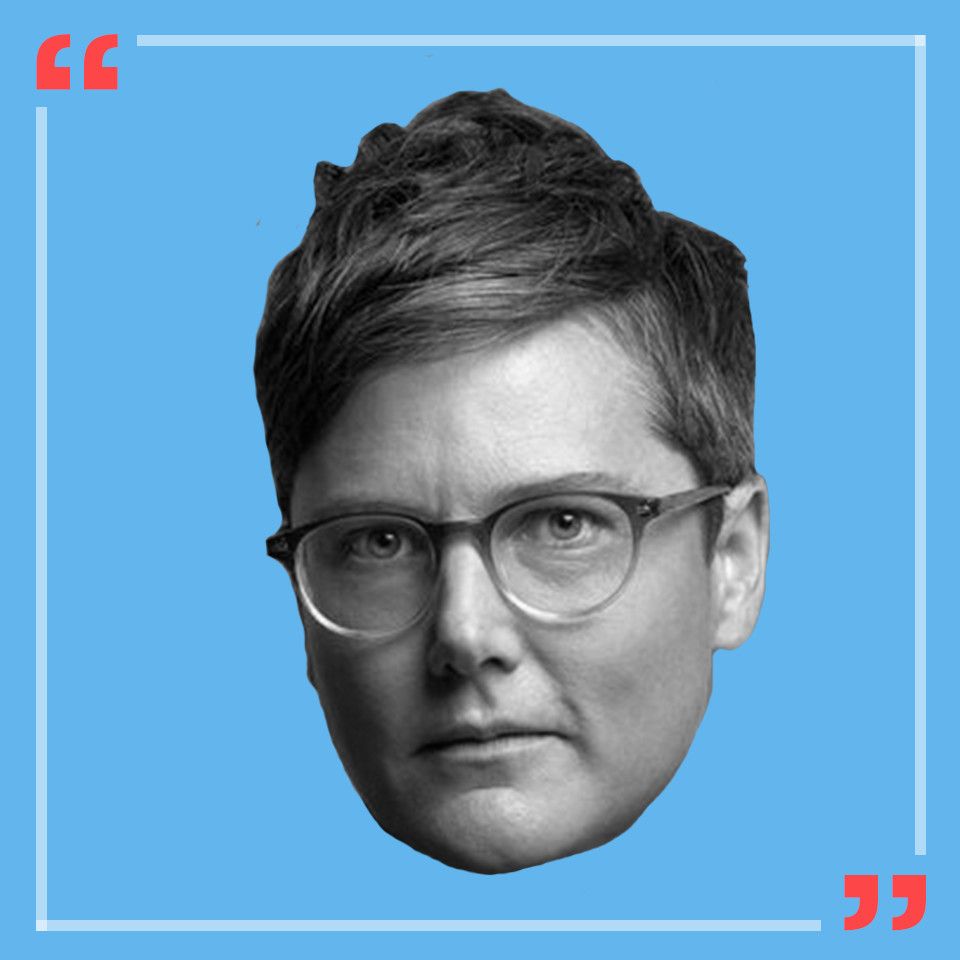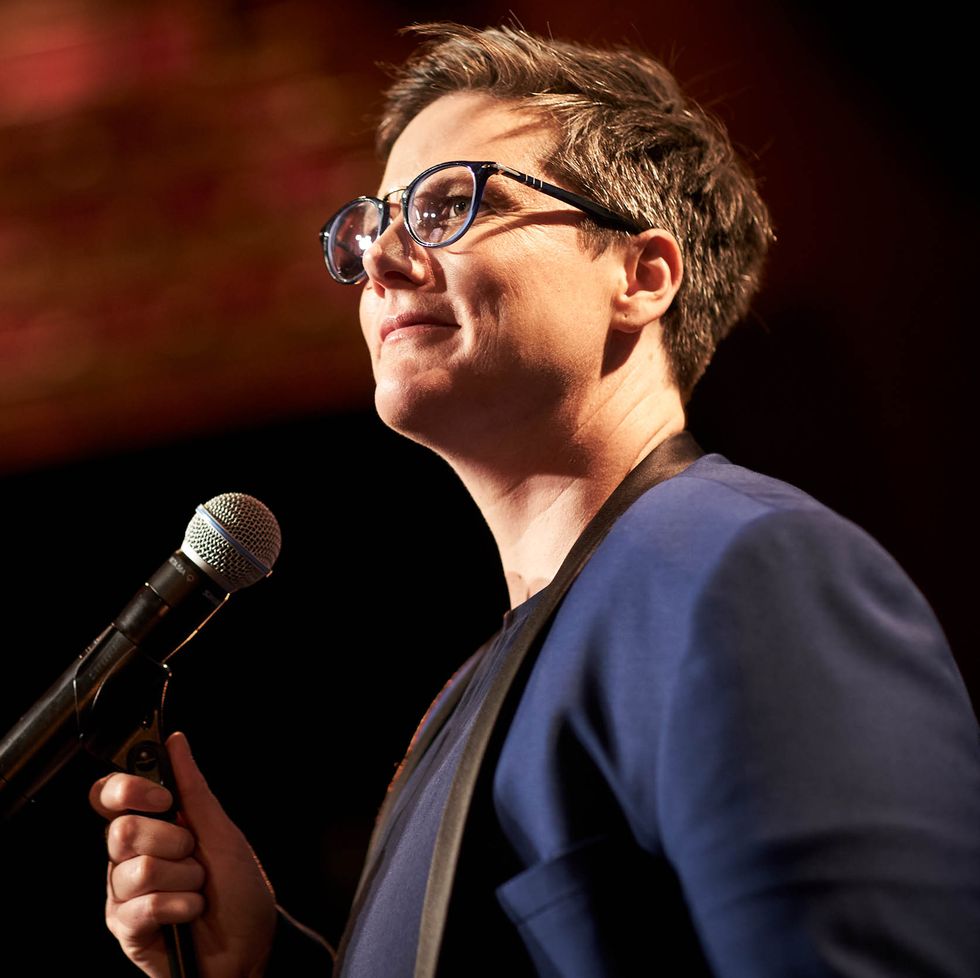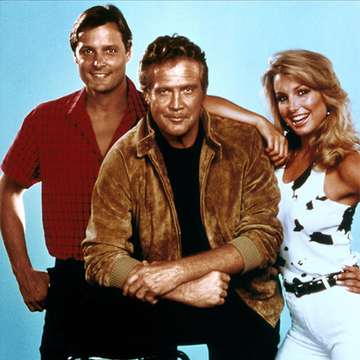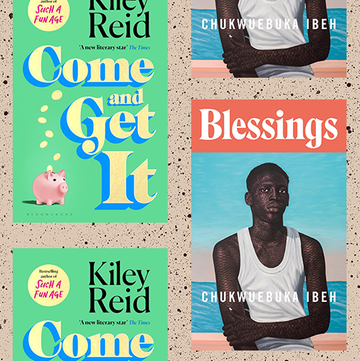This Q&A originally ran in US Esquire's Guide to Funny 2019. You can read the full package here.
Tasmanian funny person Hannah Gadsby made waves with her 2018 Netflix special, Nanette. This autumn, she’s on tour with her follow-up, Douglas, named after her dog.
Esquire: How are you doing?
Hannah Gadsby: I'm doing okay. Life's quite large at the moment. But I just, you know, keep moving like a shark.
Has the global attention you've received in the past year changed the way you think about your work?
It's abstract to me. My life has been irreversibly changed. For Nanette, I understood my audience, because I built that audience slowly, over ten or so years. Now, I don't know who they are. I don't think I understand who my audience is anymore.
In Nanette, you famously said you planned to give up comedy. Clearly, you have not.
Mm-hmm.
Did you mean it at the time?
I said that in the show because I understood what kind of criticisms would be coming my way. You know, "Well this is not comedy!" I was correct in that assumption. So I thought I'd quit comedy at the beginning of the show, which made that criticism redundant.
How do you define what is stand-up?
Well, I don't think it's my job to define anything. I'm a stand-up comedian. I think that's the really funny thing about all of this, people getting really serious about comedy. They are like, "it's about this thing." It's like, no-no-no, we're stirring the pot. The pot is now comedy, because comedy is taking itself too seriously. The scene could use a bit of a shake-up.
Why?
I can only speak about my personal experience, but the club culture was unkind to me. It’s unfriendly, combative, gladiatorial. There are those who say to stay out of the kitchen if you can’t take the heat, etc. I reject that. Is my voice worth less because I refuse to cross the pit of coals you want me to run over to get there?
Do you think you are the exception to the rule, or is going around the traditional gatekeepers the new normal?
There's a long history of when women are exceptions to the rules, nothing happens. I hope that's not the case this time. I hope that I've opened the door for people to run at a different way. I'd like that. I wouldn't be surprised if the industry locked down and said, "actually we don't like this." It has historical precedence.
Last year, Jerry Seinfeld said that college campuses are too PC for comedy. What do you make of that?
So many comedians expect control of the room when they’re onstage, because they’ve got the magic stick that amplifies their voice, and everyone has to listen. But that’s not the world we live in anymore. As the world changes, so our content has to change. Jerry Seinfeld is a very successful straight, white, man. It's not in his ballpark to dismiss criticism as too PC. Comedy no longer exists in a vacuum. To be relevant, you have to speak with your audience. You don’t get to just tell them how it is. Having said that, I'm not into censorship either. There's a difference between demanding a culture of respect and censorship.
What does comedy allow you to express that you might otherwise be unable to say?
The stage has offered me an incredibly helpful platform. I occupy quite a few marginal identities: I'm a queer woman, from a former colony, on the autism spectrum. I didn't talk much at all when I was younger. I can't say that I was non-verbal, but I certainly really struggled to express myself in day to day life. Stand-up allowed me to prepare, get my head sorted, and be able to communicate my thoughts to the audience. Now, here I am onstage, and I'm able to get my story across. People are hearing it. That's the beauty of live performance, and of stand-up in particular: voices get to the audience in the most unmediated form.














